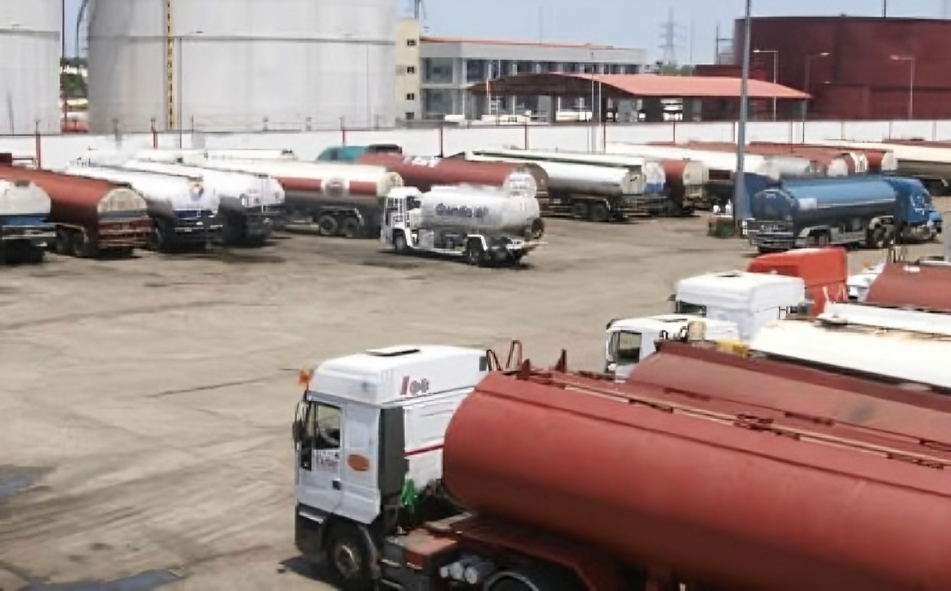KEY POINTS
- NUPENG suspended its strike after negotiations with Dangote Refinery, allowing fuel stations in Port Harcourt to reopen.
- The union had accused the refinery of anti-labor practices, sparking fears of job losses.
- Fuel prices had soared during the shutdown, but motorists welcomed the strike’s suspension as supply resumed.
Fuel supplies began to stabilize in Port Harcourt on Wednesday after the Nigeria Union of Petroleum and Natural Gas Workers, NUPENG, suspended its nationwide strike, bringing relief to motorists and businesses that had endured two days of crippling shortages.
A survey across the Rivers State capital showed that filling stations along major roads, including Eleme Road, were dispensing fuel again, easing the long queues that had formed after outlets shut down in solidarity with the union.
The stoppage had been triggered by allegations of anti-labor practices at Dangote Refinery, Nigeria’s newest mega refinery and a centerpiece of the government’s energy strategy.
Station managers said they were directed by their union to resume operations following late-night negotiations between NUPENG and representatives of the refinery. “We believe the issues raised have been given proper attention,” one manager told reporters, requesting not to be named. “That is the only way to ensure stability and harmony.”
Talks Ease Tensions After Days of Fuel Scarcity
The union had accused Dangote Refinery of moves to sideline its members by hiring non-affiliated drivers, a development that sparked fears of widespread job losses and industrial conflict in Nigeria’s downstream oil sector. The refinery denied the claims but agreed to further discussions, according to people familiar with the negotiations.
Billy Harry, president of the Petrol Retail Outlet Owners Association of Nigeria, confirmed that the strike was suspended after “intense negotiations” produced a resolution framework. He urged filling station operators to resume business immediately, signaling a pause in hostilities even as discussions continue.
For Port Harcourt residents, the suspension was an immediate relief. Ekene Kamsi, a commercial driver, said fuel prices had surged to ₦1,800 per liter from roadside sellers during the blackout. “With the suspension of the strike, we are hopeful that normalcy will return,” he said. “We cannot afford further difficulties. We already have too many issues to grapple with.”
The standoff marked one of the first major tests of Dangote Refinery’s relationship with Nigeria’s powerful oil unions. Analysts say future clashes could complicate the refinery’s operations at a time when it is seen as crucial to easing the country’s dependence on imported fuel.



